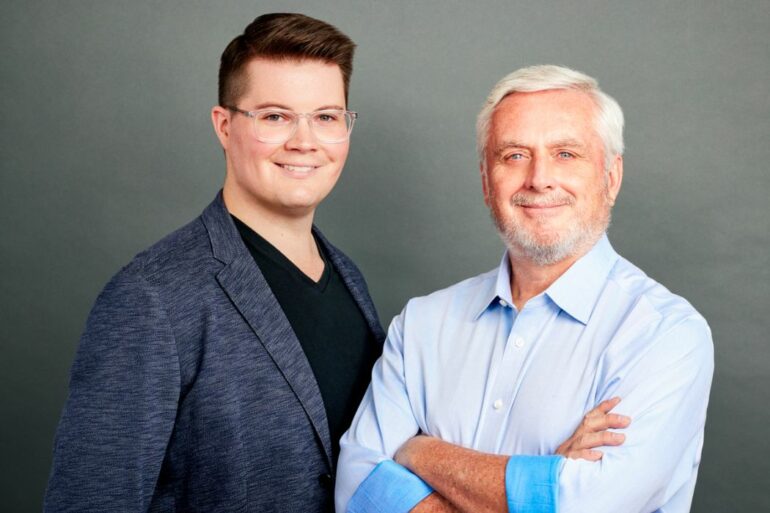Toronto-based Clay Financial has raised a $1.7-million CAD pre-seed round to develop its digital platform for home-equity sharing agreements (HESA).
This funding, which came from 18 undisclosed friends and former colleagues of Clay’s co-founders, will help the startup complete the development of its product. Clay said it will also support its team’s expansion and fuel its strategic growth plans, which include building its marketing strategy.
Clay expects to launch in the Greater Toronto Area later this year.
As an alternative to reverse mortgages and home- equity lines of credit, HESAs are designed to allow homeowners to convert some of their equity into cash, in exchange for a share of their home’s future appreciation. What makes HESA different from the other two options is that there is no monthly interest payment, Clay said.
Clay co-founder and CEO Johnny Henderson told BetaKit that “a small portion” of the $1.7 million is earmarked as working capital for HESA investments so that the startup can “extend funds to homeowners quickly without having to wait for called capital from our limited partners.” On January 17, 2024, Clay Financial officially launched its HESA service in the Greater Toronto Area.
Clay is led by Johnny and his father, Phil Henderson. Both have spent several years as lawyers, with a focus on finance and technology.
Johnny was previously a project leader at Boston Consulting Group, where he advised companies in the tech, telecommunications, and finance spaces on business strategy. On the other hand, Phil was formerly a partner at Stikeman Elliott LP where he was co-head of the financial products and services group.
After raising this funding, which closed on Aug. 11, the father-and-son duo are gearing up to launch Clay HESA in the Greater Toronto Area later this year.
As Clay explained on its website, the startup makes money by sharing in the future appreciation of a property at the end of the HESA. Typically, that is when the house is sold and Clay’s interest is bought out. Clay noted it also charges fees to originate and close the HESA.
The origination fee is five percent of the equity being tapped into at the start of the HESA, while Clay charges for percent of the share it owns in the home’s appreciation at the end of the HESA.
Clay said it will share in the appreciation of the home at a rate of four times the percentage of equity being tapped. For example, if you tap into 5 percent of your home equity, then Clay would share in 20 percent of your home’s appreciation over the term of the HESA, which the startup noted can be up to 25 years.
In the case that a home loses value during the HESA term, Clay said it will also share in the depreciation at the rate equal to the percentage of equity being tapped.
RELATED: Fraction raises $20 million to bring home equity solution to US market
After years of a red-hot real-estate market in Canada, the Royal Bank of Canada (RBC) recently released a report that shows signs it is cooling down due to the Bank of Canada’s back-to-back hikes. According to RBC, home resales saw a small dip (-0.7 percent) in July, for the first time in six months.
The Canadian market has shown mixed signals across the provinces. Data from the Canadian Real Estate Association reported that while home prices in Ontario saw a 5.9 percent decline in July this year, Prince Edward Island saw a 5.9 percent increase instead.
RBC said property values are still generally appreciating at a “vigorous clip” at this stage, though it also said that this pace eased noticeably in July.
“We expect price gains to continue moderating in the months ahead as better balance between demand and supply reduces upward pricing pressure, and higher interest rates trim buyers’ purchasing budgets,” the report said.
According to Clay, regardless of how its HESA term ends with a homeowner, it will arrange for an independent appraisal to determine the fair market value of the property.
UPDATE (01/18/24): This story was updated to note the launch of Clay Financials’ HESA service.
Featured image courtesy Clay Financial.


